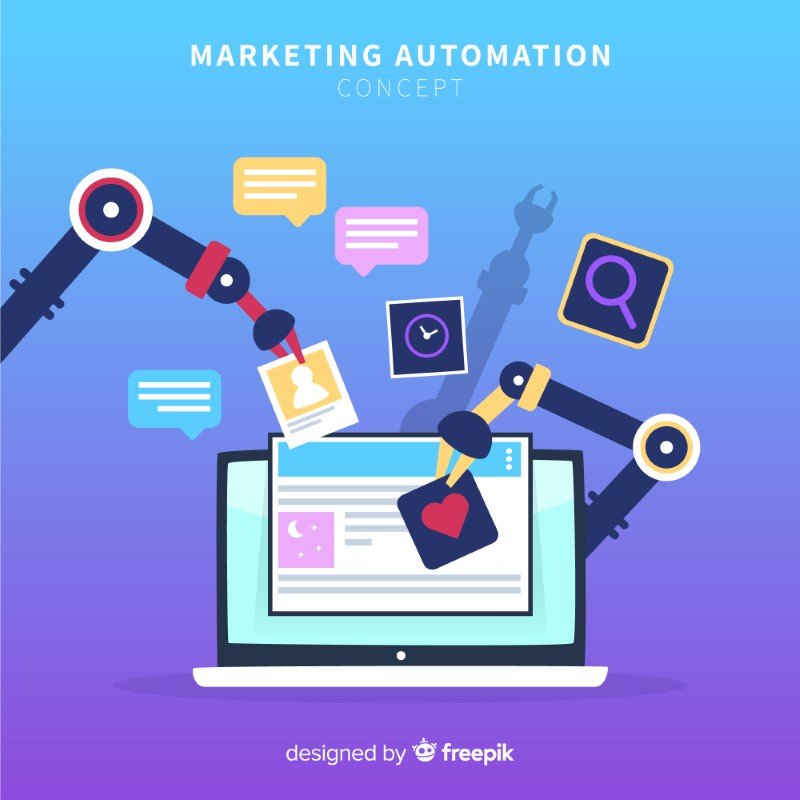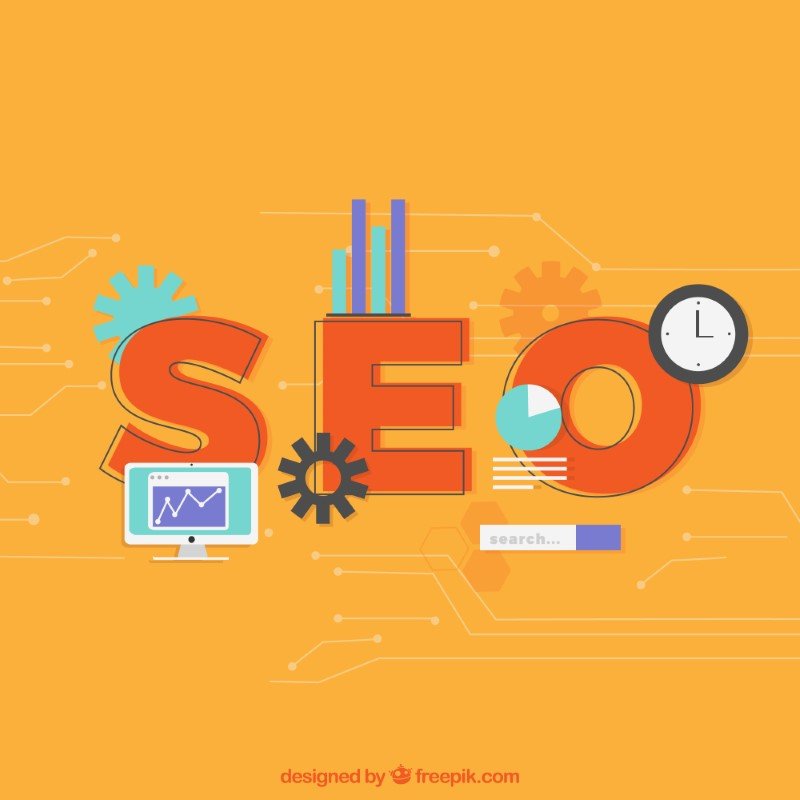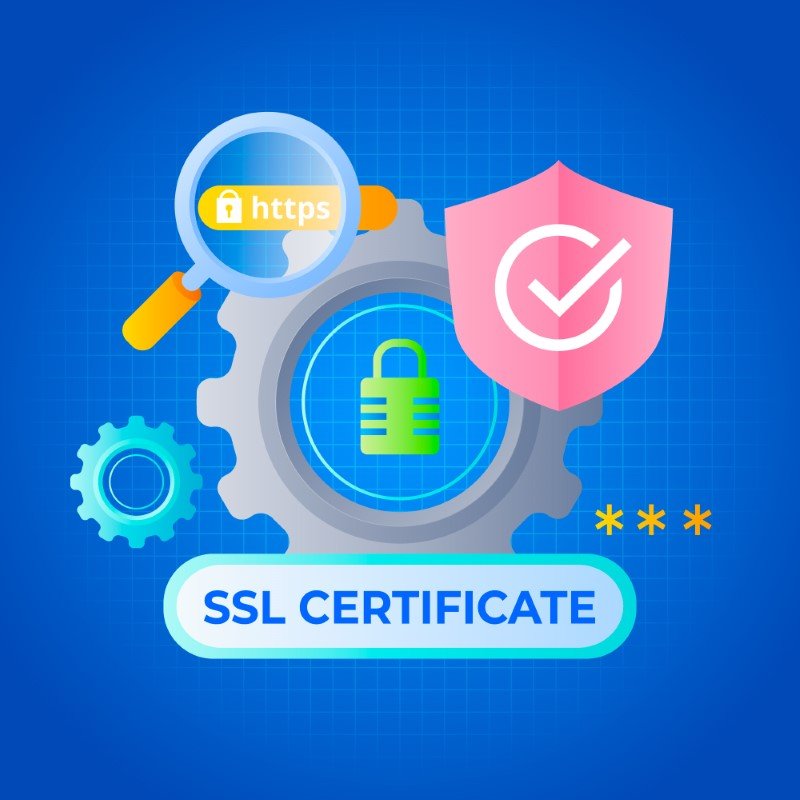In today’s fast-paced business world, small businesses need to leverage marketing automation solutions to streamline operations, boost productivity, and drive growth.[1]Marketing automation tools help automate repetitive tasks like email marketing, lead generation, and customer relationship management (CRM), freeing up your team to focus on core business strategies using automated marketing platforms.[2]With the right marketing automation software, you can nurture prospects, personalize customer interactions, and gain valuable insights into buyer behavior, ultimately increasing sales and revenue.[1]
This comprehensive guide explores the top marketing automation tools for small businesses in 2024. [3]We’ll discuss key features to look for when choosing a platform, tips for successful implementation, and how automation can supercharge your marketing efforts across channels like email, landing pages, chatbots, and more.[3]Whether you’re new to automation or seeking to upgrade your existing tools, this article will help you make an informed decision to fuel business growth with the best marketing automation tools.

Table of Contents
Understanding Marketing Automation
Marketing automation uses software to automate repetitive marketing tasks such as email marketing, social media posting, and ad campaigns, not just for efficiency but also to provide a personalized marketing experience for customers.[6] The technology streamlines workflows by putting data to work. [6]
Definition of Marketing Automation
At their core, marketing automation tools are platforms, software, and services that streamline your marketing plan and actionable tasks by automating repetitive or recurring activities, serving as an effective automated marketing solution.[10]They allow you to set up a chain of events that will be executed automatically, recording useful data based on purchases and engagement to create customer profiles for targeted actions, enhancing the marketing automation process.[10]
Key Features and Functionalities
Most marketing automation platforms offer tools and features to assist or automate:
- Lead capture and management [7]
- Lead scoring and nurturing [7]
- Campaign management [7]
- Content management and hosting [8]
- CRM integration [7]
- Analytics and reporting [7]
Benefits for Small Businesses
Marketing automation delivers three main benefits for small businesses:
- Personalized customer experiences by understanding needs and delivering relevant content. [6]
- Streamlined processes across teams for a unified customer journey. [6]
- Efficient handoffs and prioritization without complicated procedures. [6]
Marketing automation allows small businesses to save time, collect valuable data, measure campaign success, and enable multi-channel automation, ultimately increasing sales opportunities through effective marketing analytics and automated workflows.[10]
Choosing the Right Platform
When selecting the right marketing automation platform for your small business, there are several crucial factors to consider to ensure you choose the best marketing software.[15] [16]
Factors to Consider
Scalability
You may be a small business now, but your goal is to grow and expand.[16]Ensure the marketing automation tool you choose can scale up with your business, supporting an increasing number of contacts, users, and campaigns without compromising performance.[15] [16]
Support
Reliable support is essential when adopting new technology. [16] Evaluate the vendor’s support channels (live chat, email, phone) and responsiveness. [15] Quality support resources like tutorials, documentation, and forums can also ease onboarding and troubleshooting. [12]
Pricing
As a small business, budget constraints are a reality. [16] Explore pricing structures, including tiered options based on features, users, or contact volume. [15] Weigh the potential return on investment against the cost to ensure value for money. [15]
Features
Identify the specific features you need to achieve your marketing goals, such as email marketing, lead nurturing, campaign automation, CRM integration, and analytics through effective crm and marketing automation platforms and marketing integrations.[15] [16] Ensure the platform offers these capabilities at your desired pricing tier. [11]
Evaluation Criteria
When evaluating marketing automation platforms, consider the following criteria:
- Integration capabilities with existing tools (CRM, CMS, analytics) for seamless data flow. [12] [15]
- User-friendly interface and ease of use for your team’s technical expertise. [11] [12]
- Robust reporting and analytics to measure campaign performance. [15]
- Customizable automation workflows for lead nurturing and personalization. [13]
- Comprehensive training resources (guides, tutorials, community forums). [12]
Overview of Top Marketing Automation Platforms
While numerous options are available, some top marketing automation platforms for small businesses in 2024 include:
- HubSpot: Offers a range of features, including email marketing, lead management, contact management, and CRM integration, with a user-friendly interface and comprehensive training resources.[12]
- ActiveCampaign: Known for its powerful marketing automation b2b capabilities, lead scoring, and integration with popular tools like Salesforce and WordPress, making it a robust b2b marketing automation software.[12]
- Constant Contact: A cost-effective solution with email marketing, automation, and e-commerce integrations suitable for small businesses, including features like email sequences and drip campaigns.[12]
- Keap (formerly Infusionsoft): Designed for small businesses, with robust CRM, e-commerce, and marketing automation features in a single platform, making it one of the top b2b marketing automation platforms.[11]
Ultimately, the right marketing automation platform depends on your specific business needs, budget, and growth plans. Carefully evaluate your requirements and the platform’s capabilities to make an informed decision about the best marketing automation solution.[14]
Implementing Marketing Automation
To ensure seamless implementation of your marketing automation platform, follow these steps:
Step-by-step guide for implementation
- Document a detailed plan outlining the required tasks for your development or IT team, such as setting up email domains, whitelisting IP addresses, and adding tracking codes to your website.[20]
- Configure your domain correctly to maintain sender reputation and ensure email deliverability by updating records like Sender Policy Framework (SPF) and DKIM in the Domain Name Service (DNS).[20]
- Integrate your marketing automation platform with your CRM to sync data and track the entire customer lifecycle from initial contact to sale, effectively managing your sales pipeline with advanced CRM automation tools.[20]
- Import existing data into the platform and set up actionable campaign structures. [20]
Integration with existing systems
- Connect your marketing automation platform with your CRM (e.g., Marketo with Salesforce) to synchronize lead data across both systems. Any changes made in one platform will be reflected in the other, enhancing your marketing integrations with robust CRM and marketing automation platforms.[19]
- Integrate with data enrichment tools (e.g., Clearbit) to automatically gather additional information about leads and enrich their profiles, leveraging data analytics and user behavior tracking.[19]
- Link event registration platforms (e.g., Eventbrite) to add registrants to corresponding campaigns and send timely reminders or promote future events, utilizing appointment scheduling and marketing integrations.[19]
- Use low-code/no-code platforms to integrate your marketing automation tool with other apps, like chatbots or business communication platforms (e.g., Slack), for seamless lead routing and follow-up actions, facilitated by a workflow builder and drag-and-drop automation.[19]
Training and onboarding
- Provide your team with comprehensive training resources, including tutorials and documentation, to familiarize them with the platform’s features and functionalities.[20]
- Share the processes you’ve established for data management, naming conventions, and associating assets with campaigns.[20]
- Conduct introductory sessions to help team members understand their roles, navigate the platform, and address any questions or concerns.[20]
Conclusion
In today’s competitive business landscape, small businesses must leverage every advantage to succeed. Online marketing automation platforms offer a powerful solution to streamline operations, nurture leads, and deliver personalized customer experiences. By automating repetitive tasks and leveraging data-driven insights, these automated marketing platforms enable small businesses to focus on strategic initiatives while optimizing their marketing efforts across multiple channels.
As you embark on your marketing automation journey, remember to carefully evaluate your business needs, budget, and growth plans to select the most suitable platform. Prioritize user-friendly interfaces, robust integration capabilities, and comprehensive training resources to ensure a seamless implementation process. With the right marketing automation solutions and a well-executed strategy, your small business can achieve greater efficiency, enhance customer relationships, and ultimately drive increased sales and revenue.
FAQs
The future of marketing automation lies in omnichannel marketing, which is becoming a crucial trend for 2024. This approach allows businesses to offer their audience a seamless marketing experience across various channels. By unifying data and leveraging automation, small businesses can boost sales through multiple marketing channels while ensuring a consistent user experience, whether it's through e-commerce platforms or physical stores.
The most widely used marketing automation tools include:
- HubSpot
- Salesforce Marketing Cloud
- Active Campaign
- Keap
- Moosend
- Klaviyo
- EngageBay
- Mailchimp
These platforms are favored for their comprehensive features that cater to various marketing needs.
Marketing automation is built on four main pillars:
- Platform Operations:This involves the efficient management and administration of marketing technology platforms, including the role of system administrators. Ensuring optimal marketing functionality within a marketing automation system is key to achieving streamlined operations and effective campaign management.
- Campaign Operations: Focused on the execution and management of marketing campaigns.
- Marketing Intelligence: The gathering and analysis of marketing data to inform strategies and decisions.
Marketing Engineering: The technical aspect of marketing, including the development and implementation of marketing technologies.
To start with marketing automation, follow these six essential steps:
- Define Your Goals: Clearly outline what you aim to achieve with marketing automation.
- Identify Your Ideal Customer: Understand who your target audience is.
- Map Out the Customer Journey: Plan how customers will interact with your brand from first contact to purchase.
- Leverage Analytics: Use data analysis to guide your marketing automation strategy.
- Focus on Customer Service: Ensure your marketing automation strategy benefits your customers.
Offer a Multichannel Experience: Integrate various channels into your marketing strategy for a cohesive customer experience.
References
[1] – https://www.salesforce.com/products/marketing-cloud/benefits-of-marketing-automation/
[2] – https://www.webfx.com/martech/learn/marketing-automation-benefits/
[3] – https://www.mhcautomation.com/legacy/vanguard/8-reasons-why-automation-is-crucial-to-small-scale-business-growth/
[5] – https://keap.com/marketing/how-does-marketing-automation-for-small-business-work
[6] – https://www.hubspot.com/products/marketing/marketing-automation-information
[7] – https://www.salesforce.com/products/marketing-cloud/marketing-automation-tools/
[8] – https://interruptmedia.com/best-marketing-automation-features/
[9] – https://www.constantcontact.com/blog/marketing-automation-benefits/
[10] – https://www.frgconsulting.com/insights/eight-ways-marketing-automation-can-help-small-business-succeed
[11] – https://www.marketingautomationinsider.com/considerations-when-choosing-small-business-marketing-automation-software/
[12] – https://www.determ.com/blog/6-factors-to-consider-while-choosing-a-marketing-automation-tool-for-your-business/
[13] – https://www.aproove.com/blog/marketing-automation-software-for-small-businesses
[14] – https://www.stackmoxie.com/resources/platform-guides/map-buyers-guide/
[15] – https://www.digitalocean.com/resources/article/marketing-automation-tools
[16] – https://www.engagebay.com/blog/best-marketing-automation-tools/
[17] – https://www.engagebay.com/blog/marketing-automation-small-businesses/
[18] – https://encharge.io/marketing-automation-for-small-businesses/
[19] – https://www.workato.com/the-connector/marketing-automation-integration/
[20] – https://www.nbh.co/learn/how-to-integrate-marketing-automation-tools-a-quick-guide
[21] – https://outfunnel.com/marketing-automation-for-small-business/
[22] – https://www.pandadoc.com/blog/marketing-automation-for-small-business/
[23] – https://www.pandadoc.com/blog/marketing-automation-for-small-business/
[24] – https://encharge.io/marketing-automation-for-small-businesses/
[25] – https://www.digitalocean.com/resources/article/marketing-automation-tools
[26] – https://www.semrush.com/blog/marketing-automation-tools/
Get Your Website Free Audit Report Today!
Newsletter
Latest Post

SEO Optimization Companies: Best Picks for 2024

Web Application Basics: Everything You Need to Know


Small Business Bookkeeping: Essential Tips for 2024


